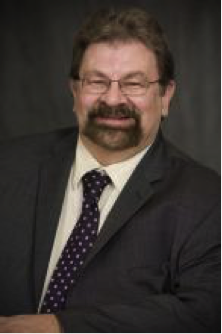Professor Norman Beaulieu
Beijing University of Postal & Telecommunications
The Absolute Error Power Detectors
Time & Date: 3:30pm-4:30pm, Thursday June 1, 2017
Location: EME 1101, UBC Okanagan campus
Registration is open now: https://events.vtools.ieee.org/m/45726
Talk Abstract:
It is well known and fundamental that the matched filter is the optimal detector for a signal immersed in additive white Gaussian noise. The matched filter is a continuous-time structure and always performs better than digital matched filters, which are optimal structures for detecting signals in additive white Gaussian noise based on a number of independent samples of the signal-plus-noise. In the case of non-Gaussian noise, only one other optimal detection structure is known, and that is the optimal (continuous-time) detector for signals immersed in Laplace noise. Meanwhile, the fundamental Gaussian distribution is a special case of the more flexible and descriptive generalized Gaussian distribution (GGD). In this talk, we derive the optimal detector for a signal immersed in additive GGD noise, which we dub the generalized matched filter. This detection scheme finds the absolute value of the difference between a replica of the transmitted signal and the received signal-plus noise, raises this absolute error to the βth power, and then integrates the resulting signal. This detection structure can, therefore, also be referred to as the absolute error power detector. We show that the matched filter is a special case of the absolute error power detector for GGD parameter β = 2, the Gaussian noise case, and that the optimal detector for Laplace noise is also a special case when β = 1. The optimal probability of error for binary signaling in additive white generalized Gaussian noise is assessed. The fundamental structure is also optimal for higher-level modulations after straightforward extensions.
Speaker Biography:
Dr. Norman C. Beaulieu received the B.A.Sc. (honours), MASc., and Ph.D. degrees in electrical engineering from the University of British Columbia, Canada in 1980, 1983, and 1986, respectively. He was awarded the University of British Columbia Special University Prize in Applied Science in 1980 as the highest standing graduate in the Faculty of Applied Science.
For further information please contact: Julian Cheng (email: Julian.Cheng at ubc.ca)
Refreshments will be provided

